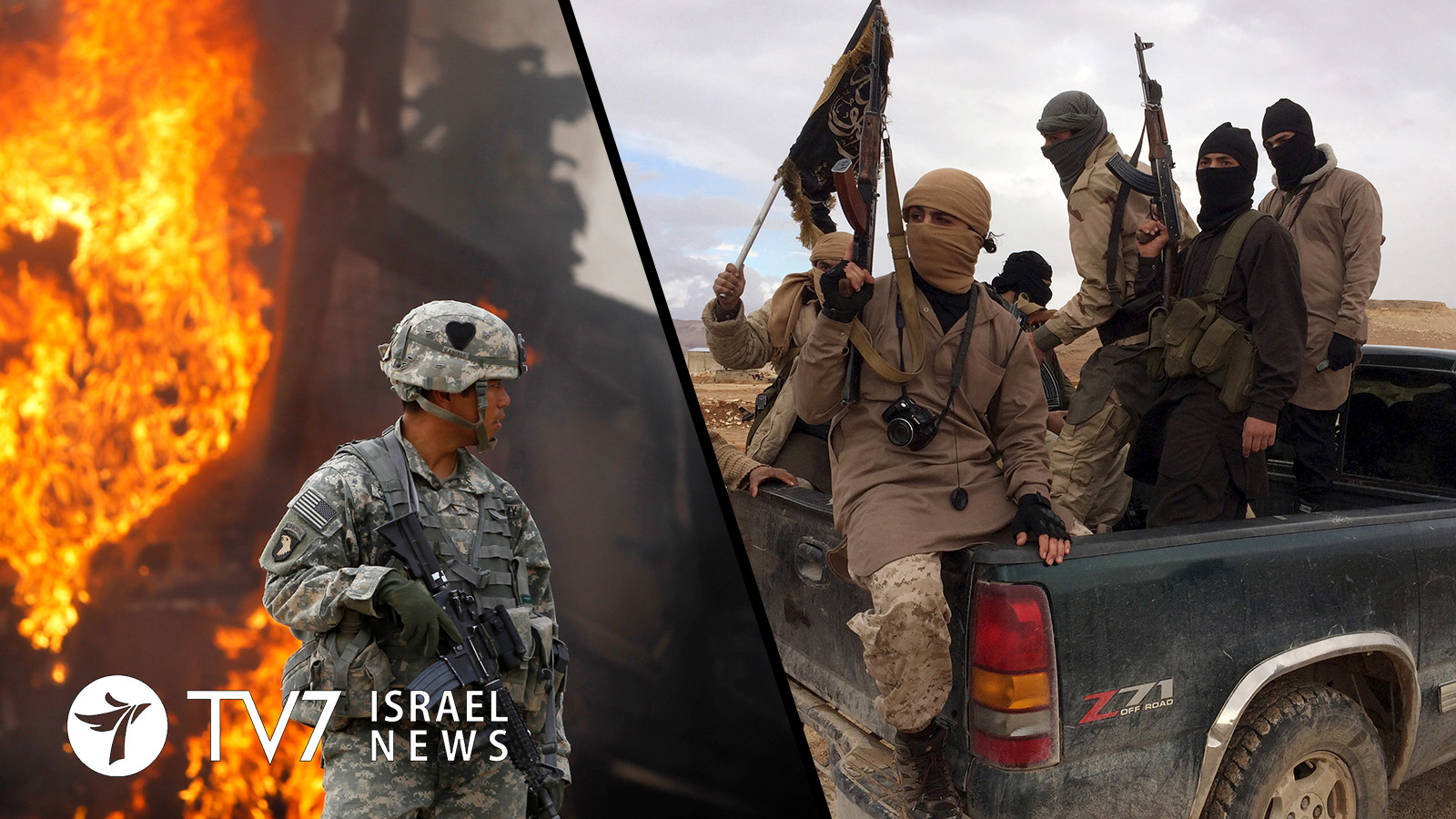United States Defense Secretary Lloyd Austin has vowed that the US is prepared to prevent an al-Qaeda resurgence in Afghanistan that would threaten the United States.
By Erin Viner
On the eve of the 20th anniversary of the notorious 9-11 terror attacks on the US, concern is heightening that the Islamist al Qaeda perpetrators may try to regroup amid chaos in Afghanistan following the American withdrawal that has left the Taliban in power. The terror group used Afghanistan under previous Taliban rule as a staging base for its multi-pronged attacks on the US that claimed the lives of 2,977 victims two decades ago.
“The whole community is kind of watching to see what happens and whether or not al-Qaeda has the ability to regenerate in Afghanistan,” the US Defense Chief said yesterday the conclusion of a four-day tour of Persian Gulf states.
“The nature of al-Qaeda and (the Islamic State group) is they will always attempt to find space to grow and regenerate, whether it’s there, whether it’s in Somalia, or whether it’s in any other ungoverned space. I think that’s the nature of the organization,” said Secretary Austin in Kuwait City.
Meanwhile, senior diplomatic representatives from the Small Group of the Global Coalition to Defeat Daesh/ISIS (other terms for the Islamic State) held a virtual meeting to discuss the global campaign against the radical group.
US Acting Special Envoy for the Global Coalition John Godfrey outlined the Coalition’s focus on defeating Daesh/ISIS global branches, including in Afghanistan and Africa, according to a statement from the office of US State Department Spokesperson Ned Price.
Coalition partners also discussed the growing threat posed by ISIS branches, particularly the horrific terrorist attack ISIS-K perpetrated on 26 August in Kabul as part of its ongoing terrorist campaign.
The representatives agreed “to focus work in the D-ISIS Coalition’s Communications, Countering-ISIS Finance, and Foreign Terrorist Fighters Working Groups on countering the ISIS-K threat,” while “drawing on expertise and capacity developed in the fight against Daesh/ISIS in Iraq and Syria,” read the statement.
During his update on progress in Iraq and Syria, Special Envoy Godfrey stressed “the need to intensify civilian counterterrorism capacity building efforts to help ensure the sustainable defeat of Daesh/ISIS within Iraq, and noted that the United States intends to continue its support for the Iraqi Security Forces even as it completes its transition away from a combat role,” adding that “stabilization efforts in areas liberated from Daesh/ISIS remain a core component of efforts to prevent a resurgence of Daesh/ISIS” in Syria.
Godfrey also encouraged the repatriation of thousands of ISIS fighters and their relatives detained in northeast Syria as a measure to prevent the radical group “from reconstituting capability” in either Syria or Iraq.
Coalition partners, who have so far pledged more than $600 million toward their 2021 goal of $670 million, emphasized the importance of contributions to stabilize areas of Iraq and Syria that have been liberated from ISIS. The representatives reiterated their support for continued counterterrorism pressure to prevent the consolidation of any ISIS gains in Iraq and Syria, while affirming their commitment to defeating ISIS globally – including in Afghanistan and Africa.
“The Coalition remains united and resolved in its determination to achieve the enduring defeat of Daesh/ISIS wherever it operates and to bringing its members to justice,” stressed the US State Department.
